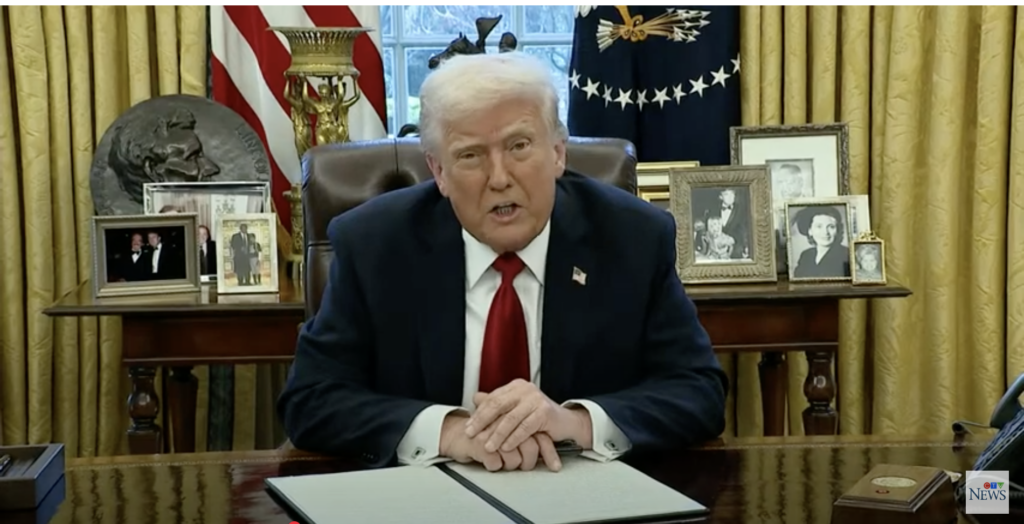Supreme Court to decide if Mexico can sue firearms makers over cartel violence – Washington Examiner
The U.S. Supreme Court is set to hear a pivotal case regarding whether Mexico can pursue a $10 billion lawsuit against American gun manufacturers, accusing them of facilitating the trafficking of firearms to drug cartels in Mexico. The lawsuit was previously dismissed but was revived by the 1st Circuit Court, which found that Mexico’s claims could be exempt from the Protection of Lawful Commerce in Arms Act (PLCAA). This 2005 law typically protects gun manufacturers from civil liability when their products are misused in crimes.
Mexico alleges that companies like Smith & Wesson have intentionally marketed firearms to appeal to criminal organizations and have failed to implement necessary security measures to prevent gun trafficking, such as using tamper-resistant serial numbers. In response, gun manufacturers argue that the lawsuit is inconsistent with the Supreme Court’s previous rulings on similar matters and maintain their legal protections under the PLCAA. The outcome of this case could significantly impact the accountability of gun manufacturers regarding their roles in gun violence linked to Mexican drug cartels.
Supreme Court to decide if Mexico can sue firearms makers over cartel violence
The U.S. Supreme Court has agreed to review a significant case that could determine whether Mexico can bring a $10 billion lawsuit against U.S. gun manufacturers for allegedly facilitating the flow of firearms to drug cartels.
The case, revived by a federal appeals court, challenges the Protection of Lawful Commerce in Arms Act (PLCAA), a 2005 law that generally shields gun manufacturers from civil liability when their products are used in criminal activities. A lower court initially dismissed Mexico’s lawsuit based on this law, but the 1st Circuit Court ruled that Mexico’s claims fit an exemption in the PLCAA, allowing the suit to move forward.
Mexico argues that U.S. gun manufacturers, such as Smith & Wesson, are culpable for enabling the illegal flow of firearms across the border by marketing their products in a way that appeals to cartels and by neglecting to implement safeguards, such as tamper-resistant serial numbers. They also allege that these companies are complicit in supplying firearms to known criminal networks.
Gun manufacturers are pushing back, citing the Supreme Court’s 2023 decision in Twitter, Inc. v. Taamneh, which held that the social media platform was not liable for aiding and abetting terrorist activities simply by hosting ISIS-related content. The manufacturers argue they cannot be held responsible for crimes committed with their products by third parties.
This case, which could redefine the scope of liability protections for the firearms industry, comes as the Supreme Court tackles other major issues this term, including reverse discrimination, nuclear waste storage, and the death penalty.
The decision in this case could have far-reaching implications for international relations and the accountability of firearm distributors.
" Conservative News Daily does not always share or support the views and opinions expressed here; they are just those of the writer."





Now loading...